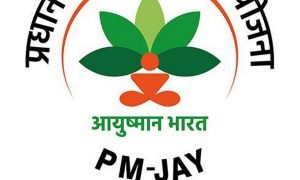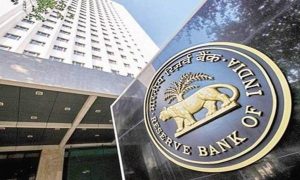In the last few years, QR code payments have simplified how people pay for and buy things on online websites and in offline markets. However, the convenience of making payments online has given rise to scammers sending a QR code and duping people of their money.
A known instance of a QR code scam involves Delhi Chief Minister Arvind Kejriwal’s daughter Harshita, who, in 2021, was allegedly duped of Rs 34,000 by a man who approached her as a potential buyer on an e-commerce platform where she had listed a sofa on sale. Since then, several cases of QR code scams have surfaced on the internet where people lost anywhere from a few thousand to over a lakh.
Read More: SBI Amrit Kalash Deposit Scheme With Upto 7.60% Interest Rate Ending Soon; Check Deadline
How do QR code scams work?
Scammers usually pose themselves as potential buyers on popular second-hand online marketplaces like Quikr and OLX and message victims that they are interested in making a purchase.
The scam involves the fraudster sending a QR code to the victim via WhatsApp or other messaging platforms and asking them to scan the code to confirm that they are sending it to the correct bank account.
These scammers then make a small payment to the user to gain their trust. Once the victim receives some money, they then send a QR code and ask their victims to scan it to get the remaining amount. When they scan the QR code, fraudsters then ask the victim to input the amount they want to receive and enter their OTP or UPI pin.
Read More: Cyclone Michaung: How To Manage Vehicle Damage Claims During Floods & Natural Disasters?
Sometimes, scammers also tamper with QR codes by pasting their code on top of an existing code. This type of scam often happens at shops and petrol pumps where QR codes are pasted on a wall to receive payments.
Another way scammers operate is by sending people a QR code, scanning which might take you to a webpage asking the victim to enter their login credentials along with other personal information that can be used to impersonate them.
Some scammers even send fake emails under the guise of banks like your debit/credit card or bank account is about to expire and that you need to scan the code to renew them. If you fill out these forms, the data is sent to the scammer who can then use it to access your bank account.
Read More: Here is how you can recover money lost in UPI or banking fraud
How can I protect myself from QR code scams?
The first thing to know is that QR codes are used to send money, not receive it. If someone tries to tell you that you are getting money by scanning a QR code, they are likely trying to scam you.
When paying at public spaces like a juice shop or a petrol pump, ask the vendor to show which QR code you should use to pay them. Many vendors in India have multiple QR codes pasted, and while most of them may be legitimate, some might be fake.
When dealing with people on online marketplaces, avoid scanning any QR codes unless you are making a purchase and try to make these purchases in cash.
If you fall prey to a QR code scam, immediately call your bank and tell them about the transaction. In case you think the scammer gained access to your bank account, you can tell the bank to temporarily block your account.





































